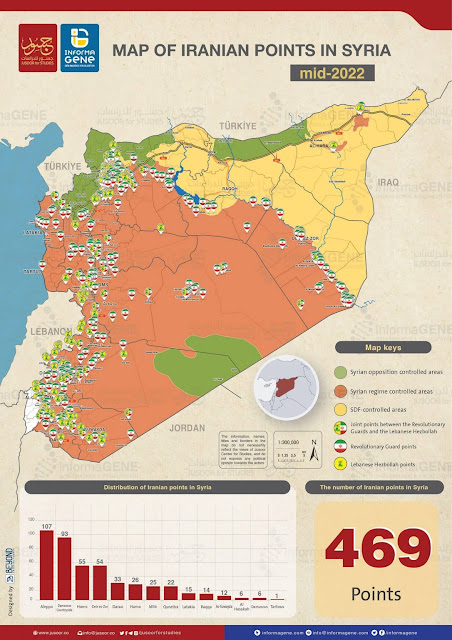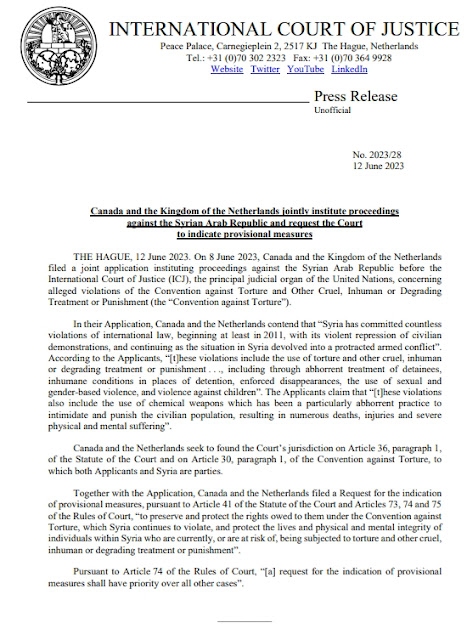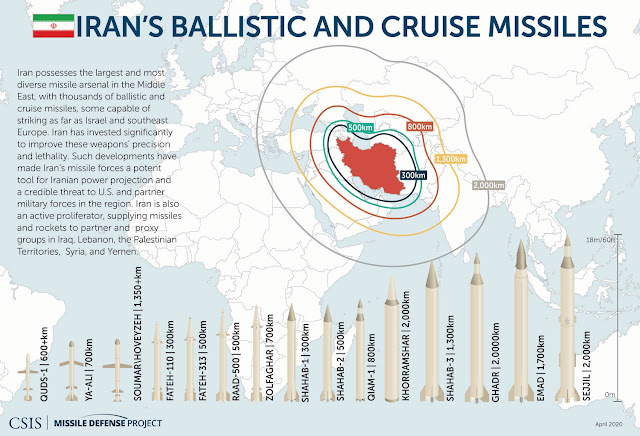Research: Islamists at the Ballot Box
The United States Institute of Peace has published a significant report “Islamists at the Ballot Box: Findings from Egypt, Jordan, Kuwait, and Turkey.”
This report is one of many important reports of the USIP I will highlight in the future. The USIP is doing a great work with senior scholars and important, objective, unbiased research products.
Following is the summary of this report:
PDF version of the full report
Summary
The United States Institute of Peace has published a significant report “Islamists at the Ballot Box: Findings from Egypt, Jordan, Kuwait, and Turkey.”
This report is one of many important reports of the USIP I will highlight in the future. The USIP is doing a great work with senior scholars and important, objective, unbiased research products.
Following is the summary of this report:
PDF version of the full report
Summary
- There is near-consensus among mainstream Islamist leaders in key Arab countries and Turkey on the value of democratic participation—that is, contestation for power via competitive elections. A number of Islamist groups in the Arab world and Turkey have registered as political parties and participated in elections.
- Islamist parties have members who range from those who are very conservative and develop their political positions based on shari'a law to those who are more liberal and promote the practice of ijtihad (the reinterpretation of Islamic law to fit current circumstances).
- Regardless of their orientation, independent political parties in the Arab Middle East are deeply constrained by limits on free expression and by districting and voting procedures imposed by semiauthoritarian governments. This permits political liberalization but prevents the development of fully democratic systems.
- Islamist parties are motivated to participate in elections because they generally have far superior organizational support systems, principally through mosque networks, than do secular parties. Given their widespread popularity and superior organizing power, Islamist parties calculate that they have the most to gain as political systems are liberalized.
- As Islamist parties have entered electoral political systems, they have increasingly interacted with secular parties and groups. A key issue is whether, and under what circumstances, cooperation with secular parties promotes moderation in the politics of Islamist parties.
- The evidence of how involvement in electoral politics affects Islamist political parties is mixed. Scholars continue to debate whether Islamist parties moderate their politics to gain political advantage or whether participation in competitive democratizing systems causes them to embrace new positions on core beliefs and values.


